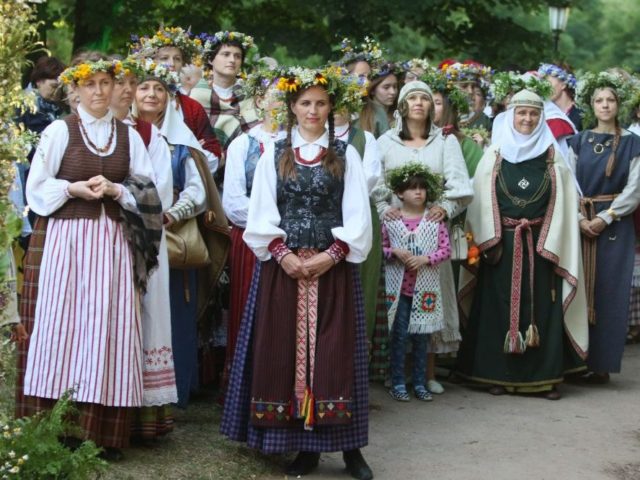A large proportion of people in eastern and central Europe believe migrants pose a threat to their identity and values, polling has found.
The statement gained support from a majority of respondents in Slovakia (72 per cent), the Czech Republic (72 per cent), Estonia (56 per cent), Hungary (52 per cent), and Bulgaria (50 per cent), according to a survey of people in 10 countries across eastern and central Europe.
Titled ‘Voices of Central and Eastern Europe: Perceptions of democracy & governance in 10 EU countries’, the study was published by the Slovakia-based think tank, Globsec on Tuesday.
In Latvia, the proportion who said that migrants pose a threat was 45 per cent, in Lithuania 43 per cent, in Austria 42 per cent, in Poland 41 per cent, and in Romania 25 per cent.
Residents often found people who lived alternative lifestyles but who were fellow countrymen less of a threat to their way of life than migrants were perceived to pose, however. Around a third or more of respondents in Slovakia (39 per cent), Lithuania (36 per cent), Bulgaria (36 per cent), Estonia (35 per cent), and Hungary (30 per cent) perceive the LGBT+ agenda to be a threat to their identity and values.
Reflecting, perhaps, the recent remarks of Hungarian leader Viktor Orban, who reacted with wry humour at the phenomenon of Western thought leaders and pressure groups lecturing Hungary on how to order their affairs while experiencing major unrest at home, there was also suspicion of foreign interference. A quarter or more of people in all countries polled said they believe “Western societies and their way of living” are a threat to their nation’s identity and values.
The proportion of people who agreed with this statement ranged from 23 per cent in Lithuania and Poland to 50 per cent in Slovakia.
“The growing trends of distancing from liberal democracy and rising narratives building upon nationalism, tradition or religion have not avoided [Central and Eastern Europe],” asserts the study, which denounces “populist and polarising rhetoric”.
In a section focused on “conspiracies and misinformation” across the region, Globsec alleges that “anti-semitism has been revived” in some countries, pointing to the fact that “49% in Hungary and 56% in Czechia believe the anti-government protests in the past years were orchestrated and financially supported by George Soros”.
Coincidentally, according to Globsec’s 2017/2018 overview the Hungarian-born billionaire’s Open Society Foundations is listed as an “institutional partner” of the think tank, along with the U.S. Department of State and NATO.
The president of Poland was recently attacked in the international media after he declared the LGBT agenda, with its focus on gender theory and the promotion of homosexual lifestyles in schools, to be a “foreign ideology” which poses a threat to the country.
But while only 25 per cent of Poles told the Globsec survey that LGBT people pose a threat to their identity and values, the country is far from being on board with activists’ ideology and agenda, as Breitbart London reported last week.
Polling ahead of national presidential elections later this month revealed that only 22 per cent of Poles support so-called same-sex marriage, with 62 per cent opposed, while just 10 per cent of respondents said they back legalising the adoption of children by homosexual couples.

COMMENTS
Please let us know if you're having issues with commenting.